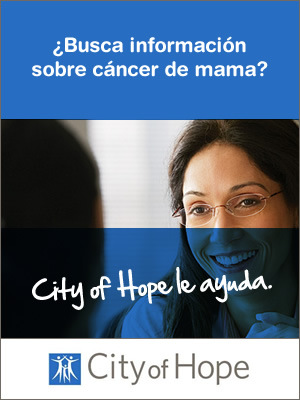
Raising Multilingual and Multicultural Children
08/12/2015 02:02PM | 7733 viewsAccording to the National Center for Educational Statistics, more than one in five school-aged children (21%) speak a language other than English at home. That number of bilingual speakers is projected to increase in the coming years. Yet many school systems and society, as a whole, seem hesitant to encourage and/or develop language-immersion programs.
Sure, some schools introduce foreign language classes, which are given once a week in a span of 45 minutes or less, in the sixth grade or even later in high school, but as most of us know, this approach will not produce language proficiency. In this increasingly global world, tomorrow’s US workforce will need to be multi-lingual and multicultural in order to keep the country at a competitive edge – anything less will be economically detrimental.
In 2010, business leader Alfred Mockett, CEO of American Managements Systems, a multinational tech corporation with annual sales of nearly $1 billion stated that "business may be global but markets are multilocal." That is, business markets are scattered geographically and have different demands. But by being multi-local many localized business centers operating in synch--global corporations understands on-the ground sensitivities of local markets. And that [type of cross-border understanding and cooperation] needs to start in K-12."
Likewise James F. Collins, former U.S. Ambassador to Russia, pointed out that the world has changed drastically since the Cold War days and the U.S. diplomacy needs to evolve and adapt as well. “We, as a nation, have to train people in languages that are in demand, so we are ready to speak to the world and to be heard in their languages." The same message is being conveyed within Georgia, where I live with my husband and two children.
In Macon, GA, Bibb County’s Haitian-born superintendent, Romain Dallemand brought with him to his new job a bag of changes he calls “The Macon Miracle.” He has instituted longer school days, year-round instruction and mandated Mandarin Chinese for every student, pre-K through 12th grade.
In an NPR interview Dallemand is quoted as saying, “Students who are in elementary school today, by 2050 they’ll be at the pinnacle of their career…..They will live in a world where, if they cannot function successfully in the Asian culture, they will pay a heavy price.”
In 2012, U.S. Ambassador to China, Gary Locke told a group of Chinese-language students in New York that are part of Asia Society's International Studies School's Network or the Confucius Classrooms Network, "[In the 21st century], learn about history. Learn about culture, and language," he advised. "If you can speak Chinese or Spanish, you are practically guaranteed a job in your chosen field."
In our state, the Georgia International Workforce Initiative is working closely with the Georgia Department of Education to ensure the state’s future workers are multilingual (in languages such as Spanish, French, German, and Chinese), culturally astute and beginning their learning at the elementary school age.
For example, for me, ensuring that my children, speak Spanish is not only a way to preserve our heritage and culture but to also provide them with a competitive advantage in their future careers. When my children were younger they attended a language-immersion school and their days were spent learning in the target language, Spanish. Now because they are in a mono-lingual school, they have become more English-dominant. Additionally, my husband is Russian, and so at home my husband speaks to our children in Russian, while I speak to them in Spanish. However, it is evident that in order for them to be proficient in Spanish, a language-immersion education model is ideal – exposure fosters proficiency. I am so focused on ensuring my children are multilingual that two years ago several parents of multi-lingual children came together to work on developing a language-immersion charter school in Georgia. In took time, endurance, and patience, to finally have our charter approved by the state, which means that in August 2015 we will open the only dual-language immersion charter school in Georgia that offers Spanish, Mandarin, French, and German for K-4th grade, and adds a grade every year through 12th grade. Our goal is provide an education focused on world language acquisition and cultural understanding to develop tomorrow’s leaders.










Post your Comment
Please login or sign up to comment
Comments